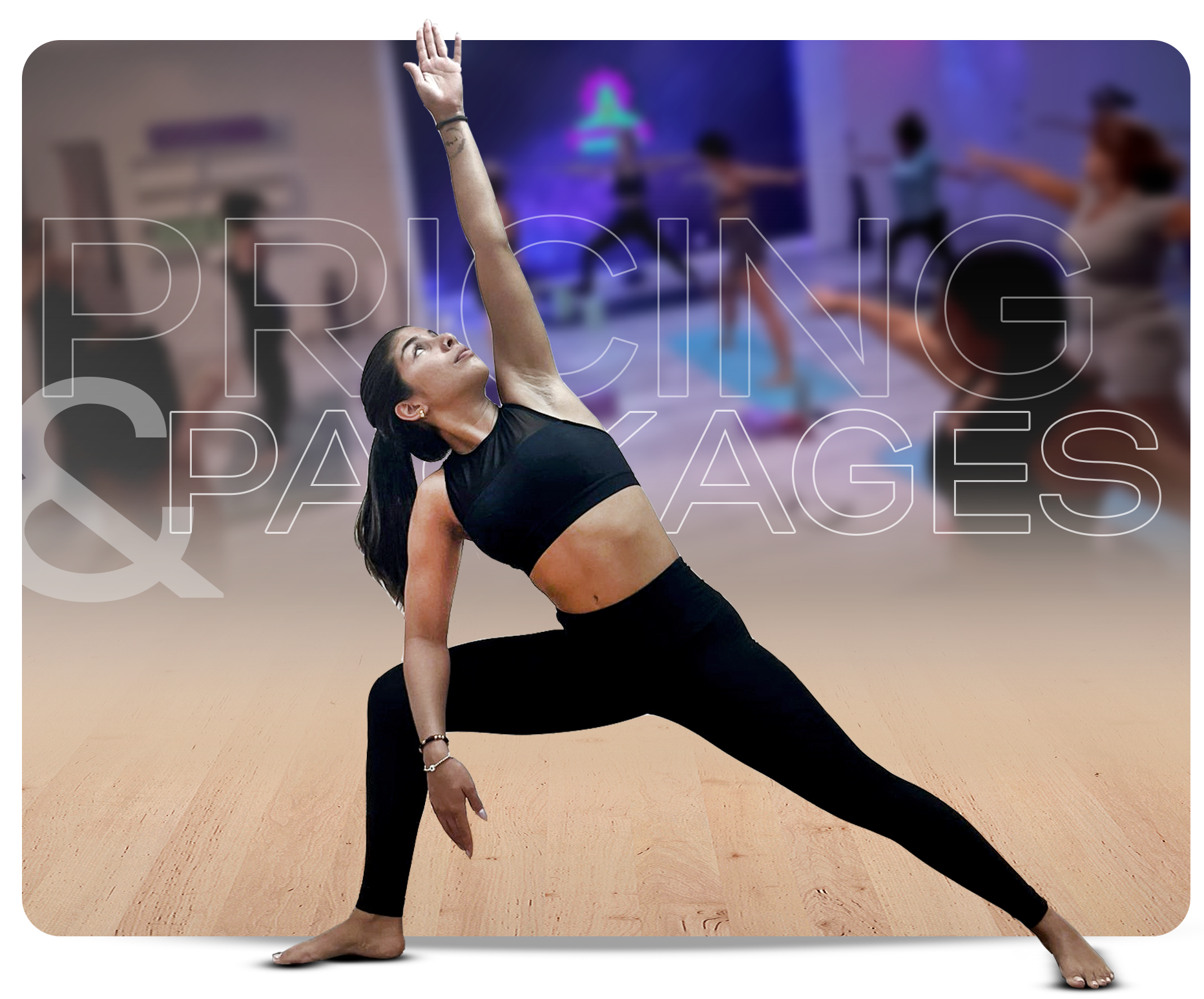WEEK 41.1 (OCT 11 – OCT 17TH) – HO’OPONOPONO
Ho’oponopono is an ancient Hawaiian practice that combines love, forgiveness, repentance, and gratitude in four powerful phrases when said reflecting to yourself.
Although the word hoʻoponopono was not used, early Hawaiian historians documented a belief that illness was caused by breaking kapu, or spiritual laws, and that the illness could not be cured until the sufferer atoned for this transgression, often with the assistance of a praying priest (kahuna pule) or healing priest (kahuna lapaʻau). Forgiveness was sought from the gods[18][19] or from the person with whom there was a dispute.[20]
The word ho’oponopono roughly translates to “cause things to move back in balance” or to “make things right.” It’s a very zen concept. (In native Hawaiian language, “pono” means balance, in the sense of “life.” When things are in balance, nothing is off, so to speak.)
Accordingly, chanting this prayer over and over is a powerful way to cleanse the body of guilt, shame, haunting memories, ill will, or bad feelings that keep the mind fixated on negative thoughts.
Yep, that’s it. Four simple phrases that heal the soul. They are:
1. I’m sorry.
2. Please forgive me.
3. I Thank you.
4. I love you
“If you can not control it in the world, stop trying to control it in your mind.”
“If you can not control your thoughts, you are giving permission for everything and everyone to control them for you.” David Scott
“The weak can never forgive. Forgiveness is the attribute of the strong.” – Mahatma Gandhi
“Forgiveness is the sweetest revenge.” – Isaac Friedmann
“When the breath control is correct, mind control is possible.” – Sri Krishna Pattabhi Jois
“You have the power to change everything.”
“You don’t always get to choose your struggles, but you have the choice on how to overcome them.”
“Generosity is giving more than you can, and pride is taking more than you need.” — Khalil Gibran
“Nothing glows brighter than the heart awakened to the light of love that lives within it.” – David Scott
“The opposite of love is not hate; it’s indifference.” — Elie Wiesel
“The greater the capacity to love, the greater your capacity to feel the pain.” – Jennifer Aniston
“It is through the alignment of the body that I discovered the alignment of my mind, self, and intelligence.” – B.K.S. Iyengar
“Without forgiveness life is governed by an endless cycle of resentment and retaliation.” – Roberto Assagioli
“Anger makes you smaller, while forgiveness forces you to grow beyond what you were.” – Cherie Carter-Scott
There is only one reality, but there are many ways that reality can be interpreted.” – B.K.S. Iyengar
“As I walked out the door toward the gate that would lead to my freedom, I knew if I didn’t leave my bitterness and hatred behind, I’d still be in prison.” – Nelson Mandela
“Forgiveness is the final form of love.” – Reinhold Niebuhr
“Let go. Why do you cling to pain? There is nothing you can do about the wrongs of yesterday. It is not yours to judge. Why hold on to the very thing which keeps you from hope and love?” – Leo Buscaglia
“We think that forgiveness is weakness, but it’s absolutely not; it takes a very strong person to forgive.” – T. D. Jakes
“Be the silent watcher of your thoughts and behavior. You are beneath the thinker. You are the stillness beneath the mental noise. You are the love and joy beneath the pain.” — Eckhart Tolle
“Happiness is your nature. It is not wrong to desire it. What is wrong is seeking it outside when it is inside.” — Ramana Maharshi
“Our true nature is like a precious jewel: although it may be temporarily buried in mud, it remains completely brilliant and unaffected. We simply have to uncover it.”— Pema Chödrön
“Awareness is like the sun. When it shines on things, they are transformed.” – Nhat Hanh


